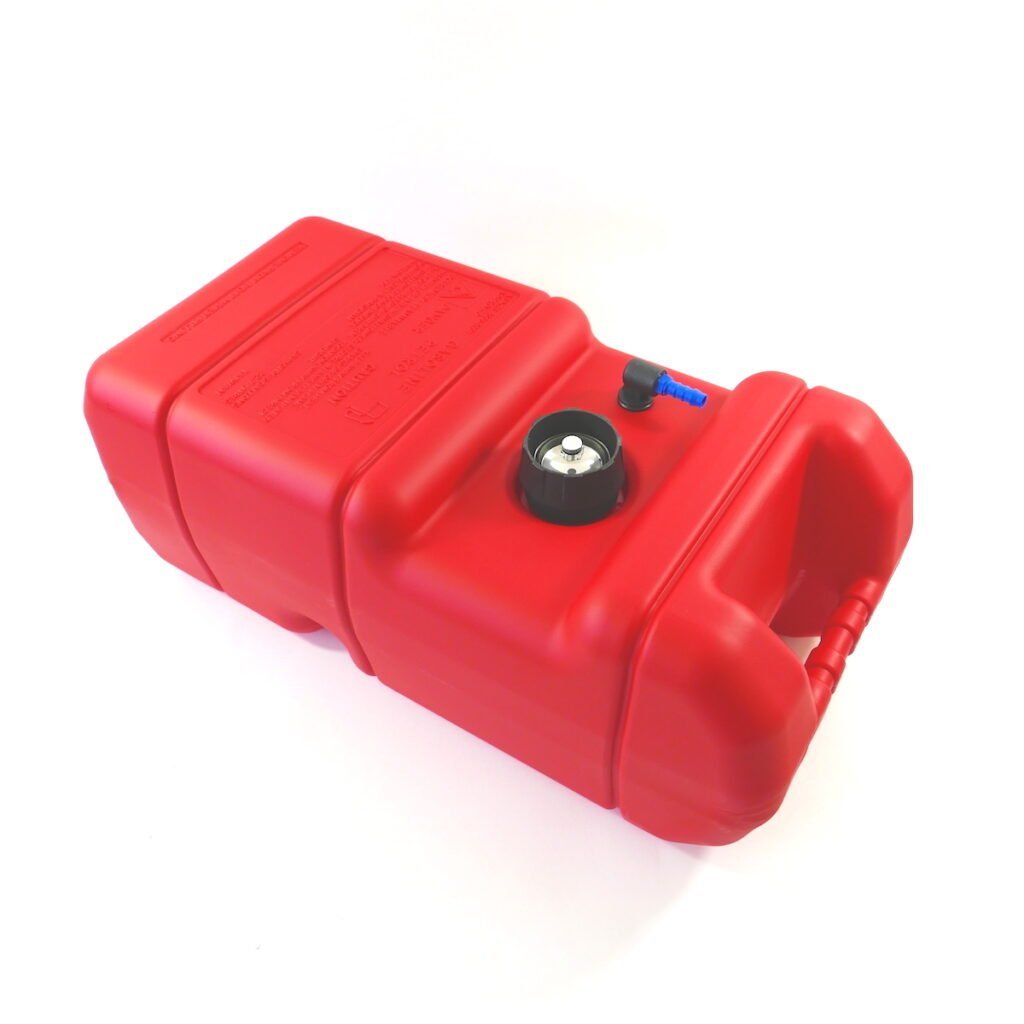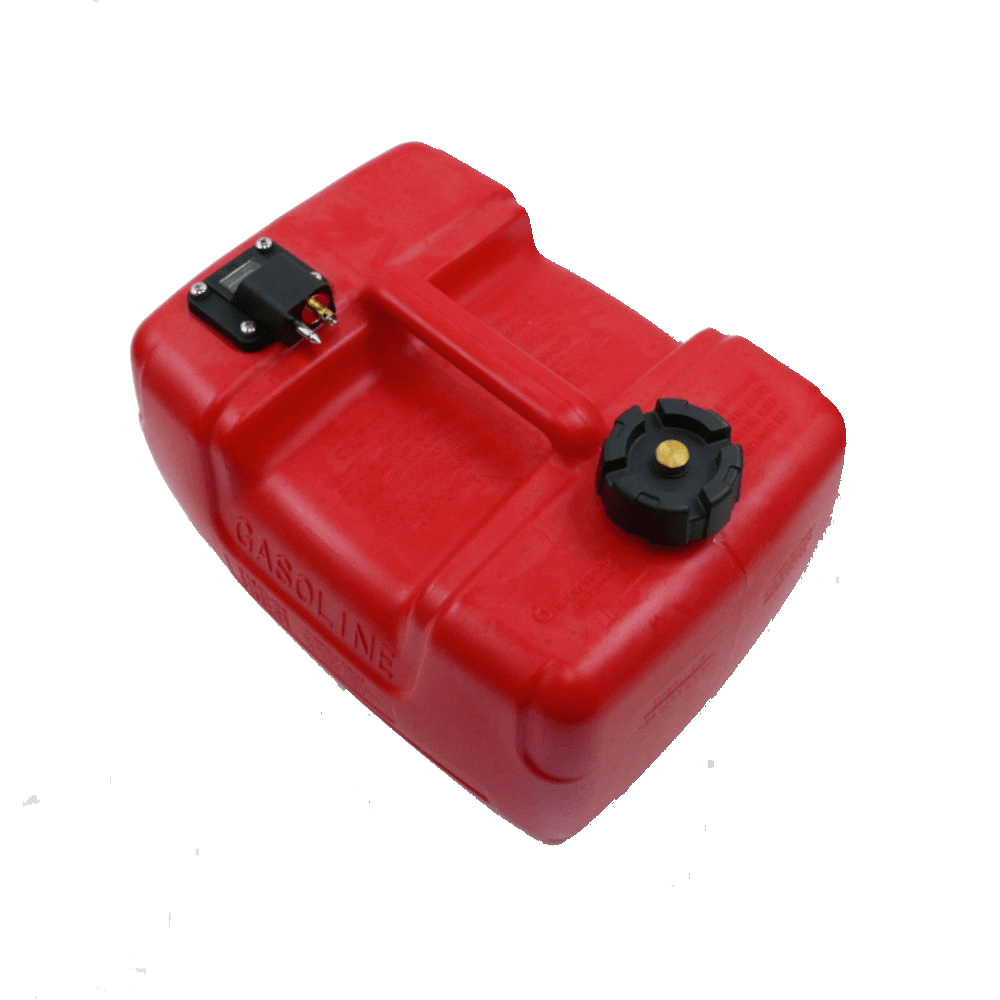Choosing the right fuel tank for your boat is crucial to ensure its optimal performance, efficiency, and safety. With various types of fuel tanks available in the market, it can be a daunting task to select the perfect one. In this article, we will walk you through the different types of fuel tanks, factors to consider when making a choice, and how to properly install and maintain the tank. Let’s dive in!
Types of Boat Fuel Tanks
There are three main types of fuel tanks used in boats:
Metal Fuel Tanks
Metal fuel tanks, typically made from aluminium or stainless steel, are strong, durable, and resistant to corrosion. They can handle high pressure and are not prone to permeation, which is the seeping of fuel through the tank walls. However, they can be heavier and more expensive compared to other materials.
Plastic Fuel Tanks
Plastic fuel tanks, usually made from high-density polyethylene (HDPE), are lightweight, corrosion-resistant, and affordable. They can be moulded into various shapes, making them suitable for tight spaces. However, they may not last as long as metal tanks and can be prone to permeation.



Fiberglass Fuel Tanks
Fiberglass fuel tanks are lightweight and corrosion-resistant, but they can be more expensive than plastic tanks. They have a good lifespan and can be custom-made to fit the available space in your boat. However, they can be susceptible to damage from impact and may require additional support.
Factors to Consider When Choosing a Fuel Tank
Boat Type and Size
The type and size of your boat play a crucial role in determining the right fuel tank. Smaller boats may benefit from lightweight plastic tanks, while larger boats may require the durability of metal tanks. Consider the boat’s design and space constraints when making your choice.
Fuel Capacity
Fuel capacity depends on the size of your boat, engine requirements, and the intended use of the boat. Calculate the required fuel capacity based on your needs and choose a fuel tank that meets or exceeds that capacity.
Material and Construction
Select a fuel tank material that best suits your boat’s needs, considering factors like weight, durability, and resistance to corrosion. Ensure that the construction is sturdy and leak-proof.
Space and Weight Constraints
Measure the available space in your boat and consider the weight limits before deciding on a fuel tank. Ensure that the tank fits comfortably and does not exceed the boat’s weight capacity.
Safety Features
Choose a fuel tank with built-in safety features such as flame arrestors, pressure relief valves, and proper venting systems to prevent fires, explosions, and other potential hazards.
Ease of Installation and Maintenance
Opt for a fuel tank that is easy to install and maintain. This includes accessibility for inspections, repairs, and cleaning. Consider the availability of spare parts and the ease of replacing components, if necessary.
Budget and Longevity
While it’s essential to stay within your budget, don’t compromise on quality. Invest in a fuel tank that offers a good balance between cost and durability, ensuring it lasts for years to come.
How to Properly Install and Maintain Your Fuel Tank
Installation Tips
- Consult the manufacturer’s guidelines and recommendations for the installation process.
- Ensure that the tank is securely fastened and supported to prevent movement or damage.
- Connect the fuel lines and fittings according to the manufacturer’s specifications.
- Test the system for leaks and proper functioning before use.
Maintenance Tips
- Regularly inspect the fuel tank for signs of damage, corrosion, and leaks.
- Keep the tank clean and free of debris, particularly around the fuel filler and vent areas.
- Monitor the fuel quality and use fuel stabilisers if required.
- Replace fuel filters and other components according to the manufacturer’s recommendations.
Choosing the right fuel tank for your boat is a critical decision that affects its performance, safety, and longevity. By considering factors such as boat type, fuel capacity, material, space constraints, and budget, you can select the perfect fuel tank to meet your needs. Proper installation and maintenance are also essential to ensure the optimal functioning and durability of your fuel tank.
Frequently Asked Questions (FAQs)
- Can I use a fuel tank meant for a different type of boat?
It is generally not recommended to use a fuel tank designed for a different boat type, as it may not meet the specific requirements or fit properly. Always consult the manufacturer’s guidelines and ensure compatibility before making a decision.
- How often should I inspect my boat’s fuel tank?
Regular inspections are crucial for maintaining your fuel tank’s safety and performance. Inspect your fuel tank at least once a year, or more frequently if you use your boat heavily.
- Is it safe to repair a damaged fuel tank?
While some minor repairs may be possible, it is always best to consult a professional or the tank manufacturer before attempting any repairs. In some cases, it may be safer and more cost-effective to replace the damaged tank.
- What is the average lifespan of a boat fuel tank?
The lifespan of a fuel tank depends on the material, usage, and maintenance. Metal tanks can last up to 20 years, while plastic tanks may last around 10-15 years. Regular inspections and proper maintenance can extend the life of your fuel tank.
- Do I need to use a fuel stabiliser in my boat’s fuel tank?
Using a fuel stabiliser can help maintain fuel quality, especially during periods of infrequent use or storage. It helps prevent fuel degradation, gumming, and the formation of deposits that can harm your engine. Check your engine manufacturer’s recommendations for specific guidelines on using fuel stabilisers.

I decided to do some research to help my uncle, who just bought a new boat and plans to buy a boat fuel tank. It’s good that you mentioned that while selecting one, safety features like flame arrestors, pressure release valves, and suitable venting systems should be taken into account to prevent fires. I’ll be sure to let him know about this and look up reputable sellers who might be able to assist us in getting one. I appreciate you sharing!